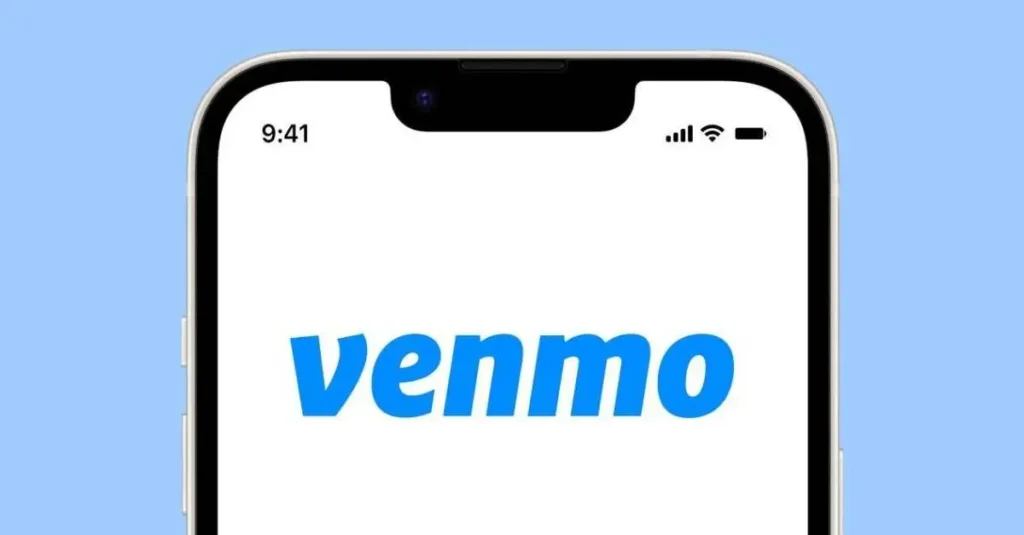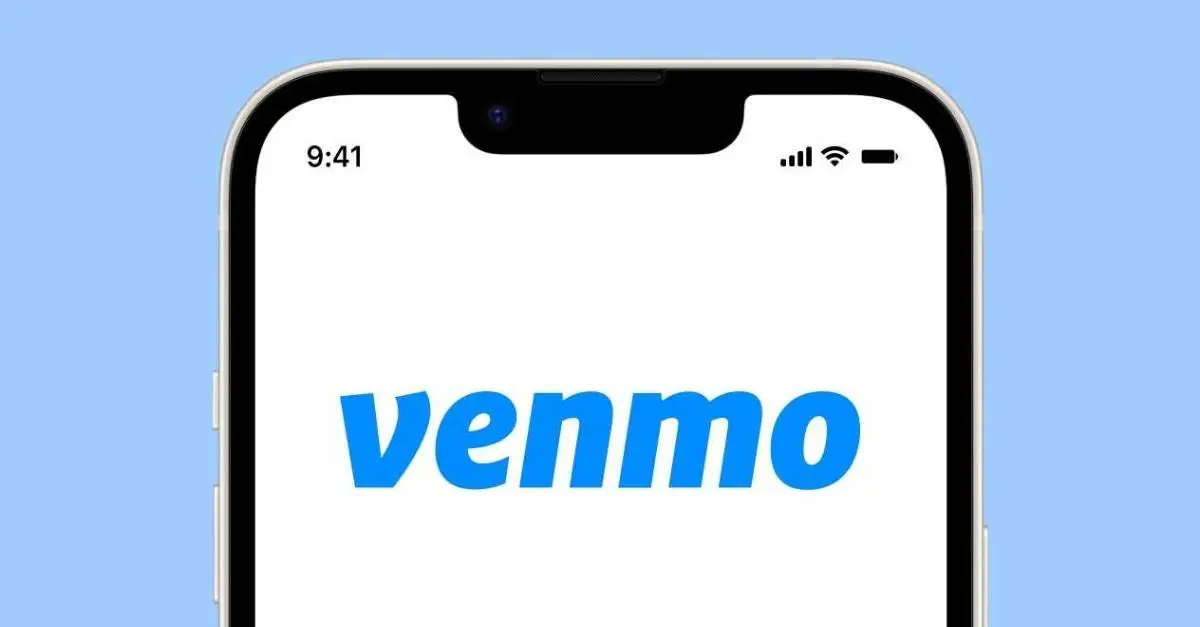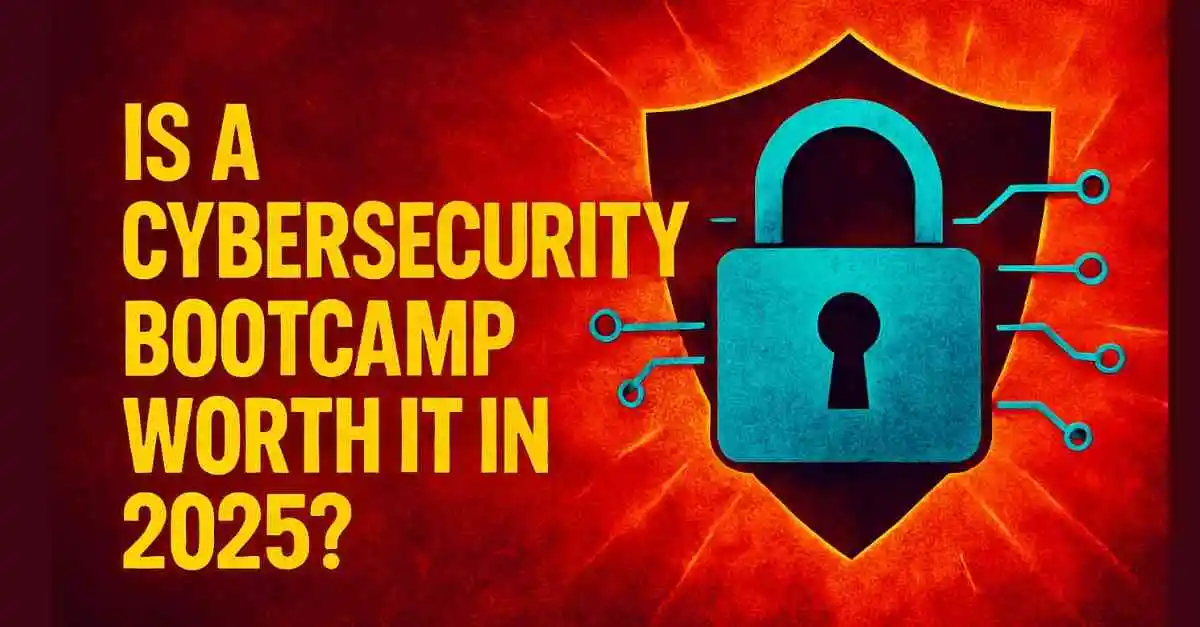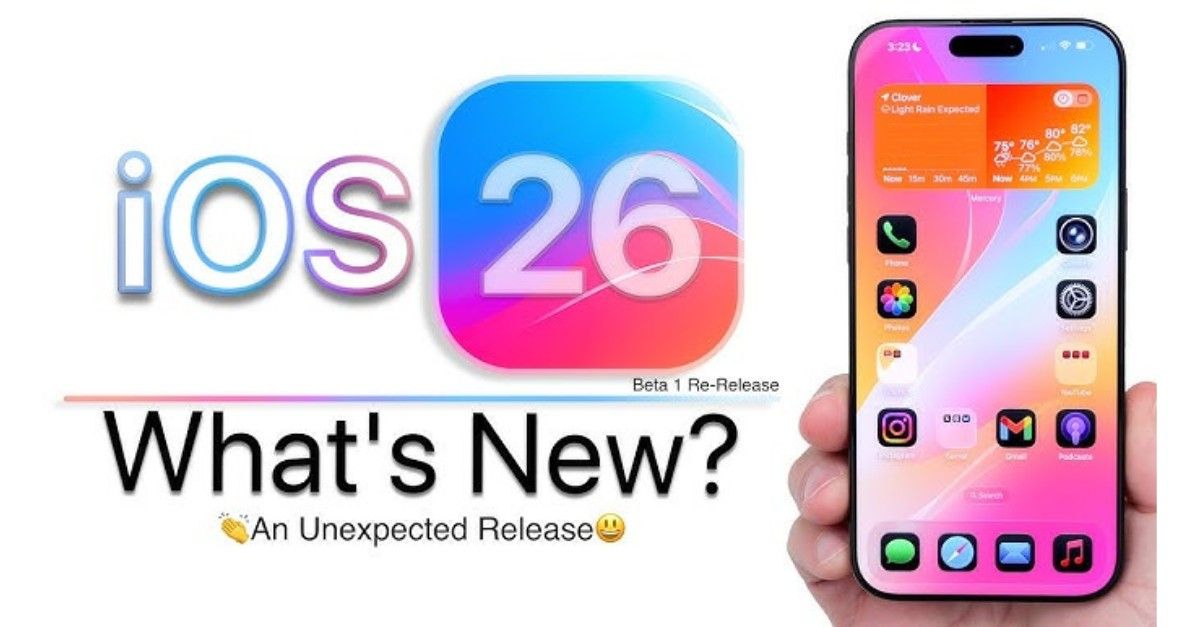Venmo is a go-to app for millions in the U.S. to send money to friends or pay for stuff, but its social media vibe and past privacy issues raise red flags. Here’s everything you need to know about Venmo, its security features, recent updates, and whether it’s a safe bet in 2025.
What Is Venmo?
Venmo, owned by PayPal, is a peer-to-peer (P2P) payment app launched in 2009. It lets U.S. users send/request money, split bills, or pay businesses using a bank account, debit/credit card, or Venmo balance. It has a social feed where users can share transaction notes with emojis (e.g., “pizza ”), though you can make them private. Additional features include a debit card, credit card, and crypto trading (Bitcoin, Ethereum, etc.).
- Why: Venmo makes splitting expenses (e.g., dinner, rent) quick and fun, with instant transfers and no fees for bank/debit payments. Its social feed adds a playful element, but public-by-default settings have sparked privacy concerns. It’s ideal for trusted contacts but risky for strangers due to limited buyer protection.
- How:
- Setup: Download Venmo (iOS 14+ or Android Lollipop+) from venmo.com, sign up with a U.S. phone number, email, and bank/card details (18+, U.S.-based only). Verify identity (SSN, ZIP, birthdate) for higher limits ($60,000/week vs. $299.99/week unverified).
- Payments: Find users via username, phone, email, or QR code. Send/request money with notes, set to Public, Friends, or Private. Venmo Credit Card has no annual or foreign transaction fees, charges $10 or 5% (whichever is greater) for cash advances, up to $41 for late/returned payments, $1.99/month for paper statements, and uses the daily balance method for calculating your balance.
- Transfers: Move funds to a bank instantly (1.75% fee, 30 minutes) or via standard transfer (free, 3–5 days).
- Features:
- Venmo Debit Card (Mastercard): Earn up to 15% cashback when you shop at select merchants no annual fee, and your Venmo balance is ready to spend..
- Venmo Credit Card (Visa): 3% cashback on top spending categories, 2% on next, 1% on others, no annual fee.
- Crypto: Buy/sell Bitcoin, Ethereum, etc., via Paxos (not FDIC-insured).
- Security: Uses encryption, two-factor authentication (2FA), PIN/biometric login (Face ID/Touch ID), and fraud detection. Contact support@venmo.com or (855) 812-4430 (8 AM–8 PM CT) for issues.
- Setup: Download Venmo (iOS 14+ or Android Lollipop+) from venmo.com, sign up with a U.S. phone number, email, and bank/card details (18+, U.S.-based only). Verify identity (SSN, ZIP, birthdate) for higher limits ($60,000/week vs. $299.99/week unverified).
- History: Founded by Andrew Kortina and Iqram Magdon-Ismail, Venmo started as a text-based payment tool. Acquired by Braintree (2012) and PayPal (2013), it grew to ~90 million users by 2025, handling $230 billion in 2021. A 2018 FTC settlement addressed privacy setting failures, and a 2021–2024 CFPB probe into scam victim treatment closed without action. A January 2024 data breach (MOAB) exposed 26 million records, though Venmo hasn’t detailed fixes.
- Impact: Trusted by nearly 90 million users, Venmo makes sending and spending money simple processing billions in transactions each year. However, its public-by-default feed (40% of users share sensitive details, per a 2022 USC study) and irreversible transfers make it a scam target, with average losses of $700 per incident. High-profile privacy breaches, like President Biden’s account being found in 10 minutes (2021), highlight risks.
- Related Concepts:
- Purpose: Simplify P2P payments with a social twist for friends, family, and small businesses.
- Process: Links bank/card details, encrypts data, and posts transactions to a feed (unless private).
- People: With approximately 90 million U.S. users aged 18 and over, Venmo operates under PayPal’s ownership while also facing ongoing challenges with scammers exploiting its public transaction feeds.
- Problem: Public feed and weak user practices (e.g., reusing passwords) enable scams like phishing or account takeovers.
- Performance: 99% transaction success rate but vulnerable to fraud (40% of users leak data).
- Possibilities: Could adopt private-by-default settings or AI scam detection.
- Practical Use: Split bills, pay merchants, or trade crypto, but keep balances low and transactions private.
Recent Privacy and Security Updates (2021–2025)
Venmo has made strides to address privacy concerns, criticized for years due to its social-first design:
- 2021 Updates: Removed the global feed (showing strangers’ transactions) after incidents like BuzzFeed finding President Biden’s account. Added options to hide friends lists and make accounts less discoverable. Users can now set transactions to Private by default (Settings > Privacy > Private) and hide past payments (Settings > Privacy > Past Transactions > Change All to Private).
- 2023–2024: Strengthened 2FA (e.g., SMS codes, biometric login) and encryption for data in transit and storage. Added warnings against sharing six-digit codes or passwords.
- 2025: Enhanced fraud detection and API security post-January 2024 MOAB breach (26 million records exposed). Users can disable location sharing (Settings > Privacy > Location) and limit contact syncing (Settings > Friends & Social > Toggle off Phone/Facebook Contacts). California/Vermont users can opt out of data sharing.
How to Stay Safe on Venmo
- Set transactions to Private (Settings > Privacy > Private).
- Hide friends list (Settings > Privacy > Friends List > Private; toggle off “Appear in other users’ friends lists”).
- Enable 2FA and PIN/Face ID (Settings > Face ID & Passcode).
- Use a credit card (3% fee) for better fraud protection than bank accounts.
- Public Wi-Fi can be risky consider using a VPN, such as VPN Super Unlimited Proxy, to secure your connection.
- To protect your account, never transfer funds to unknown individuals or share your login details with anyone. Report scams to support@venmo.com or the FTC.
- Check for breaches at haveibeenpwned.com post-MOAB.
Conclusion: Is Venmo Good or Not?
Venmo is good for quick, free P2P payments among trusted contacts, with ~90 million users enjoying its ease, debit/credit card perks (up to 15% cashback), and crypto options. Its encryption, 2FA, and 2021–2025 privacy updates (e.g., no global feed, private-by-default option) make it safer than before. However, it’s not perfect.
The January 2024 MOAB breach (26 million records) and public-by-default legacy settings (40% of users expose sensitive info, per USC) show ongoing risks. Scams, like fake listings or phishing, cause ~$700 losses per incident, and irreversible transfers lack bank-level buyer protection. Unlike funds held in FDIC-insured banks, money stored in your Venmo balance may not be protected in the event of a security breach.. Compared to alternatives like PayPal (stronger buyer protection) or Zelle (bank-integrated), Venmo’s social features are a double-edged sword, risking privacy leaks (e.g., Biden’s contacts exposed). It’s a solid choice if you set transactions/friends lists to Private, enable 2FA/PIN, and avoid strangers or large balances. Use it wisely at venmo.com!






